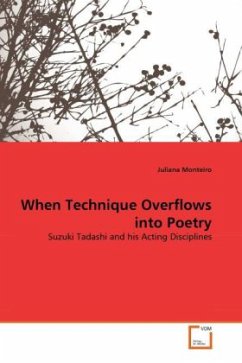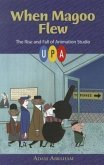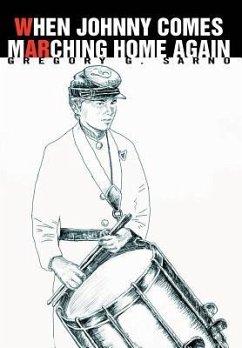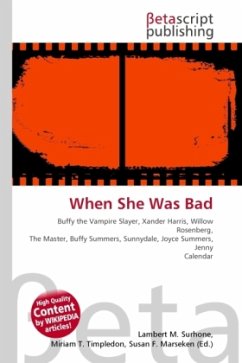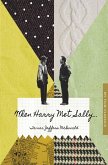To what extent is it possible to think the elaboration of a scenic speech separately from the procedures and technical means applied to it? Or, on the other hand, to what point does the choice of procedures and specific techniques determine a poetic craft? In Western theater, the theme of crossing technical procedures with the construction of a poetic speech started to be problematized as from the 19th century with the arrival of staging. That made way for the construction of a new dialogue between staging and pedagogy and the development of various reflections on the actor's work. Suzuki Tadashi, contemporary Japanese director, takes part in this context systematizing a training method for actors, one that made their aesthetic objectives and the creation of their plays feasible. This Project also collaborates with theoretical-practical reflections that arose from Suzuki's work and that are pertinent to contemporary theater. These reflections concern the articulations between technical material and poetic material in scenic writing, theatrical pedagogy and staging language researches that assume the actor as a source that creates performance codes.
Bitte wählen Sie Ihr Anliegen aus.
Rechnungen
Retourenschein anfordern
Bestellstatus
Storno

